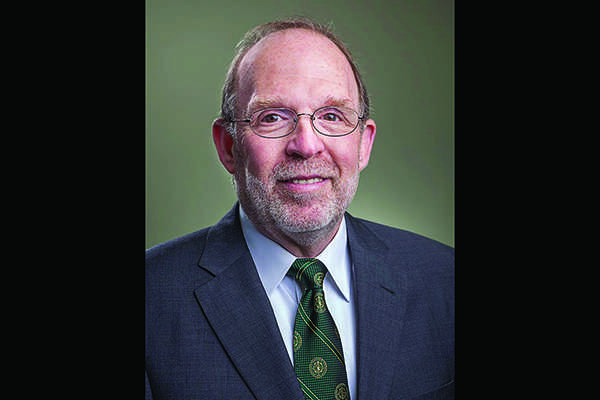Approximately $9.4 million is coming back to NMU from the Michigan Public State Employees Retirement System (MPSERS), a chunk of change which will likely be applied to unfunded pension liabilities.
This means, according to the NMU administration, the funds would go toward paying down a deficit of $40 million in the pension fund for NMU employees.
“Since 1997, some payments made each year were not reported to the actuary, creating an overpayment to the pension fund,” said vice president for Finance and Administration Gavin Leach in a statement released by NMU.
“As a result, the seven MPSERS universities, including NMU, paid more money into the system than required by law and are entitled to be returned those excess payments.”
Leach added it is important to understand that the overpayment involves university money only and not funds contributed by employees to their pension accounts, according to the school’s press release. While AAUP has given suggestions as to uses for the refund, President Fritz Erickson said the money should be saved for future pension liability needs.
“The response of Michigan’s Office of Retirement Services has been impressive and we thank them for their quick work on this matter,” Erickson said. “It is important to understand that the funds being returned are not a windfall. They will need to be held in reserve and used for meeting our future MPSERS obligations.”
Dwight Brady, a professor in the CAPS department, feels the faculty would be better served by making sure immediate needs are being taken care of. By using the funds now rather than saving for pension payouts, he said, some of the employee contracts currently on the chopping block may be spared. According to Erickson, roughly $2.6 million needs to be cut from the university’s current budget.
Assistant Professor of Accounting and NMU-AAUP Data Analyst George Wilson estimates that only a portion of the refund would be needed to completely cover NMU’s additional pension expenses associated with recent changes to pension reporting and payments for Michigan universities, according to a press release from the AAUP.
“This refund was completely unexpected and is brand-new dollars that can be used for an array of immediate and future needs,” Wilson said. “These funds represent a reprieve for NMU and should give the university time to make careful decisions about staffing, course offerings and the range of experiences and opportunities we are offering to our students.
“We no longer need to rush into permanent structural changes while we solve what should be a short-term enrollment issue.”
The Executive Committee of the NMU Chapter of the AAUP has endorsed Wilson’s comments, calling them an accurate and articulate assessment of the present budgetary state of the university.




























